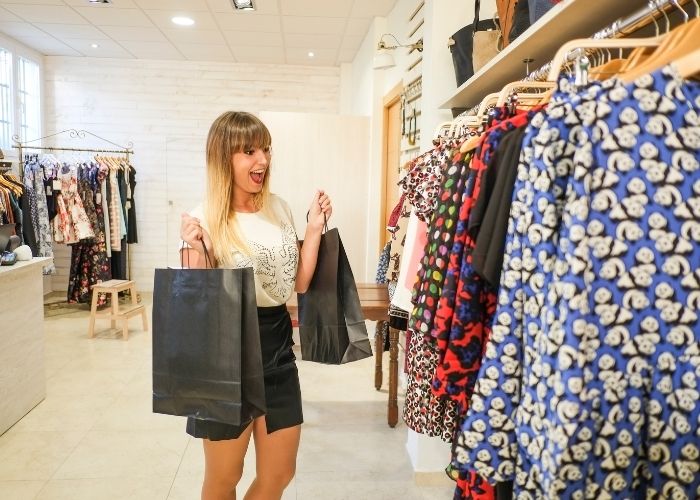Since the pandemic, major fashion chains have increasingly found their customers online, resulting in vacant properties. However, in recent months, other brands have seized the opportunity to establish themselves in prime locations. As such, real estate companies see recovery in the market and in High Street shopping.
Mass closures of major chains have dominated the picture in many Spanish cities for over a year. The commercial heart of cities has been hit hard by the pandemic. Since the first lockdown in March 2020, shops closed their doors and large chains have switched online en masse.
H&M and Inditex close stores worldwide
Inditex and H&M are two examples of these giants with shops on every street corner. Shortly after the start of the pandemic, Inditex announced to close many stores. In Spain, the Spanish fashion brand will close about 350 stores in 2020 and 2021. Earlier this year, Inditex removed all Bershka, Pull&Bear, and Stradivarius stores from China. Swedish H&M also announced that it would close about thirty stores in Spain and 350 worldwide.
Reducing the physical retail stock, concentrating the supply in only the major cities, and reducing costs, such as the rental of retail properties, should ensure that these chains continue to count in the sector.
Pandemic created perfect storm
Inditex reached its peak in 2019. Moreover, on every street corner in Spain. But also in other European cities, there was a Zara, Bershka, or Pull&Bear. The director of the real estate company Cushman & Wakefield says the pandemic has created a perfect storm that has broken the monopolisation of these types of companies. Therefore, other companies now have the opportunity to penetrate the High Street and establish themselves in prime locations.
Other brands get a chance at top locations in Spain
The availability of these buildings and the arrival of the pandemic have led to a new type of rental contract. As such, companies pay a fixed (lower) rent and supplement this with a percentage of their turnover. Therefore, in this way, stores can continue to exist, even when sales decline. And brands that previously only sold online, now have the opportunity to physically show themselves on the High Street.
An example of this is the Spanish clothing brand Furest, which has established itself in large Inditex buildings in Girona and Reus. A walk through the famous shopping streets in Barcelona also shows that there is plenty of work going on in the empty buildings that Inditex has left behind.
Market in Spain is recovering
The Spanish real estate company CBRE is clearly optimistic that empty buildings are being filled again with new tenants. Susanna Elhombre of CBRE says: “In the coming months we will see less and less vacancy in Spanish cities. And that means that the market is clearly recovering.”


